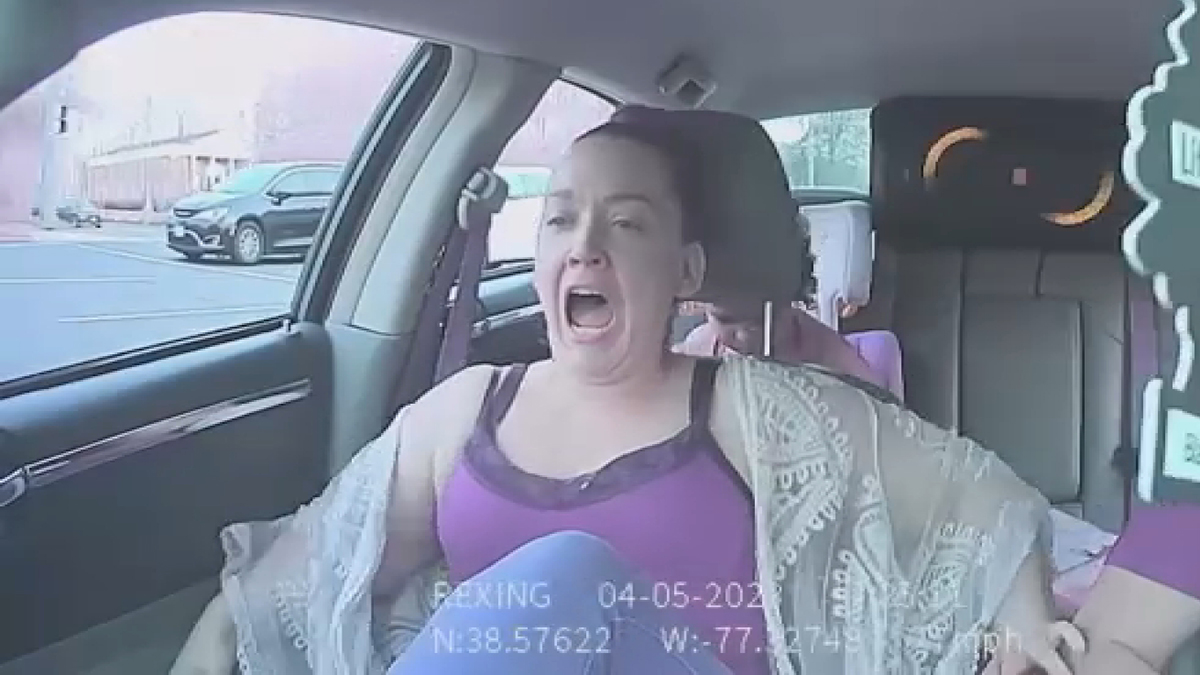The American Academy of Physician Associates hopes new resources will create earlier detection of Alzheimer’s disease.
About 250,000 people in D.C., Maryland and Virginia suffer from Alzheimer’s. Some patients don’t get diagnosed until after their symptoms are severe.
“In this area, we don’t have a lot of specialists,” said Jennifer Mohler, who serves patients in Charles and St. Mary’s counties in Maryland. “As a primary care provider, I am the point person for my patients for most of their health care issues.”
She’s using a new cognitive assessment toolkit.
We're making it easier for you to find stories that matter with our new newsletter — The 4Front. Sign up here and get news that is important for you to your inbox.
First, medical providers learn about best practices through a series of videos and tests. They learn how to spot the slow cognitive decline linked to dementia or Alzheimer’s.
“Difficult topics like brain health and dementia and aging,” Mohler said. “It gave you some kind of tools and some tips and tricks to kind of talk to patients about how we deal with these difficult issues.”
Some rural offices are first to try the pilot program.
Local
Washington, D.C., Maryland and Virginia local news, events and information
“If I’m able to screen for these patients and to get the initial testing and make a diagnosis, then that allows me to refer only to patients who really need a neurology consult to the neurologist and to be able to help the patients who don’t need a neurology consult just yet,” Mohler said.
Davos Alzheimer’s Collaborative provided The American Academy of Physician Associates (AAPA) and the Cleveland Clinic with grants to develop the toolkit. AAPA said it plans to release the final version of the toolkit to other medical providers around the world by November.
Sign up for our Breaking newsletter to get the most urgent news stories in your inbox.



